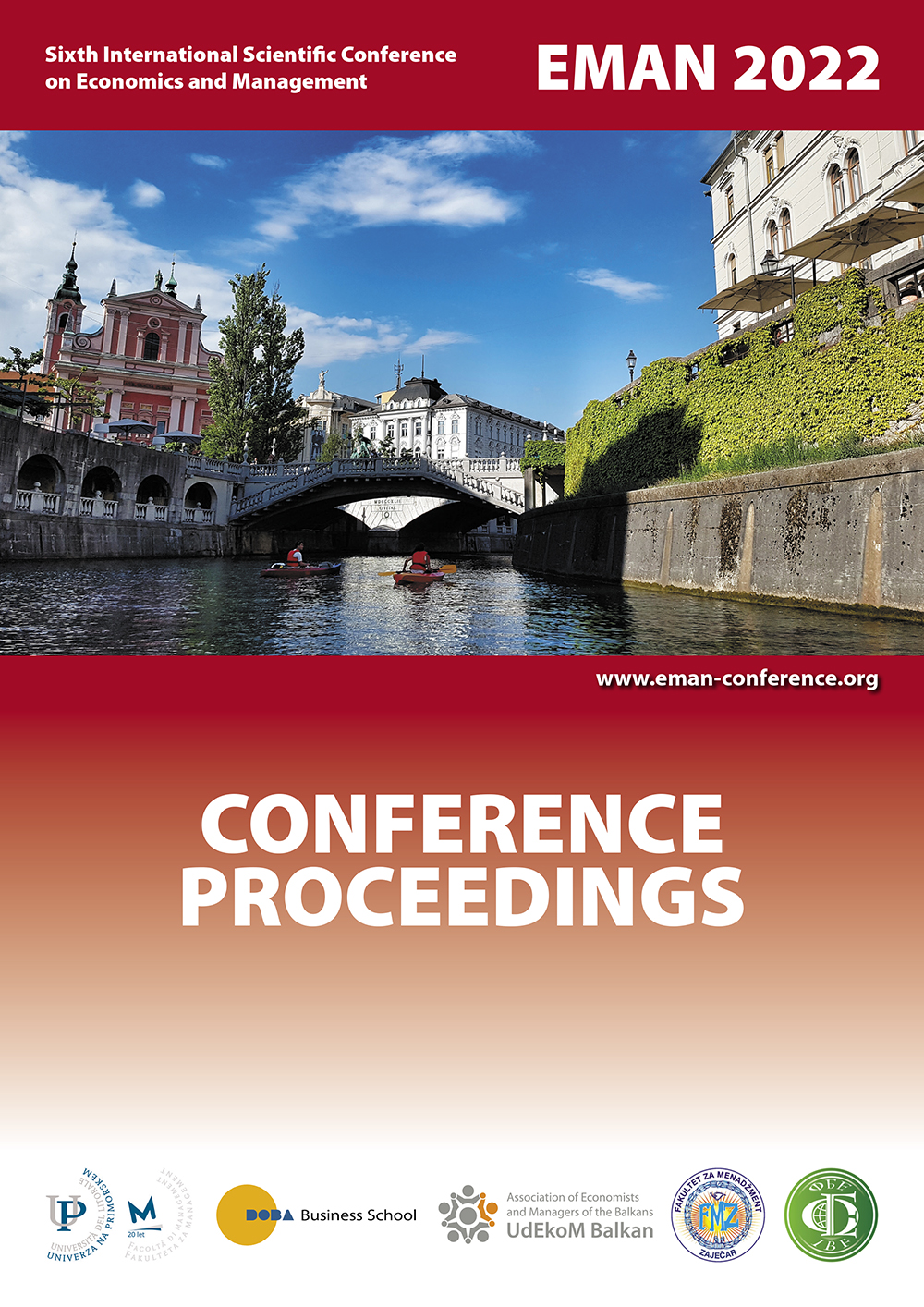Utjecaj javobilježničke profesije na procjenu rizika od pranja novca
The Impact of the Notary Profession on Money Laundering Risk Assessment
Author(s): Tajana Petrović
Subject(s): Social Sciences, Economy
Published by: Udruženje ekonomista i menadžera Balkana
Keywords: Risk assessment; Notarial deed; Suspicious transactions; Denial of official action; Fraud
Summary/Abstract: The impact of globalization on the development of money laundering and terrorist financing has gradually included the notary profession, which is gaining more and more important in the prevention of money laundering and terrorist financing by implementing the basic steps of compiling and drafting notarial documents. It is especially pronounced in the identification of signatories and entry of accurate and true data when amending notarial documents. The nature of notarial work allows risk assessment to determine the level of risk of money laundering and terrorist financing with an individual party, business relation, financial instrument, and transaction. Therefore, this profession is obliged to assess the risk at the level of taxpayers, which includes reports of suspicious transactions. The essential tool for preventing fraud is the justified denial of official action of a notary public due to the nullity of a legal transaction, achieving an evidently inadmissible or unfair goal, as well as due to committing criminal offenses, inability to comply with essential formalities when drawing up a notarial document, i.e. official certification of private documents, and lack of power of attorney and for other justified reasons if the party is not authorized to undertake and conclude a legal transaction.
Book: EMAN 2022 / 6 – Economics & Management: How to Cope with Disrupted Times - CONFERENCE PROCEEDINGS
- Page Range: 275-281
- Page Count: 8
- Publication Year: 2022
- Language: Croatian
- Content File-PDF

